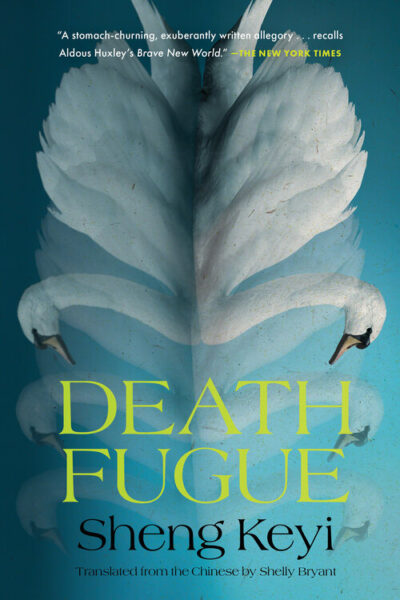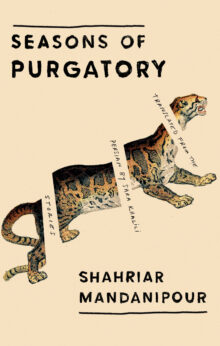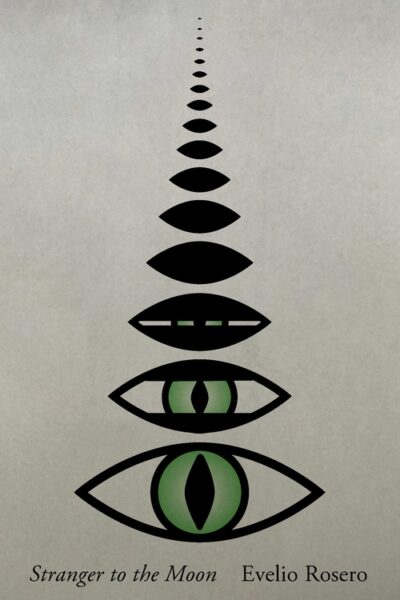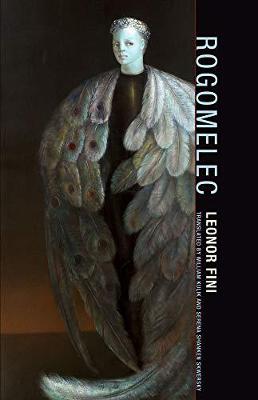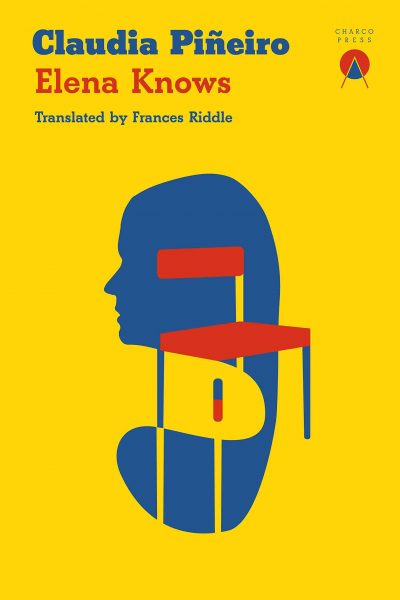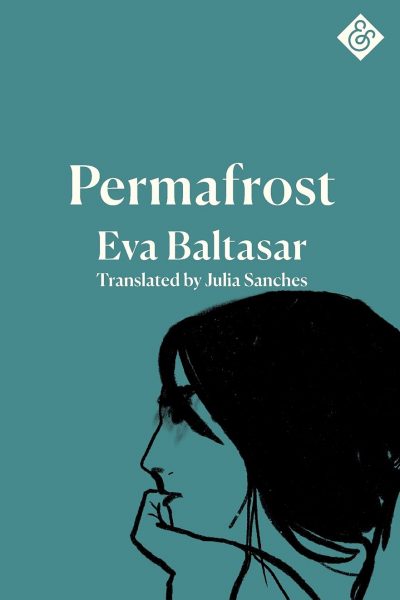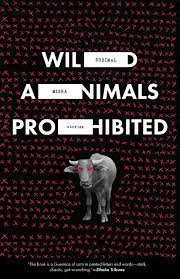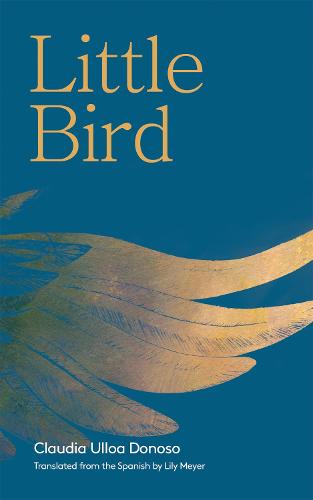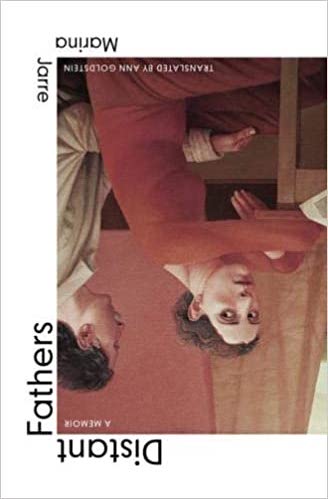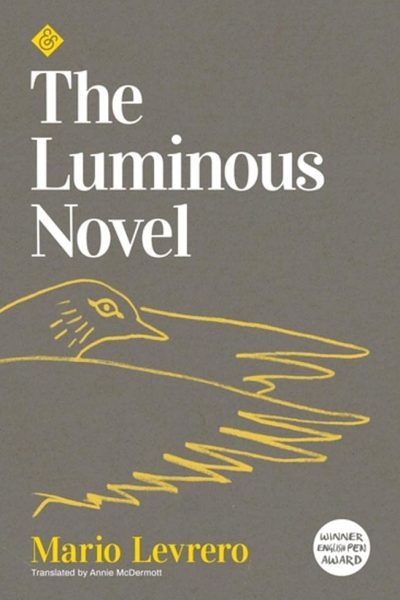DEATH FUGUE is an allegorical tale as chilling in parts as anything by Atwood or Zamyatin, yet told with airy, fitful surrealism. It is both reposeful and purposeful, an unerringly calm vision of beauty and terror.
Seasons of Purgatory – Shahriar Mandanipour
Mandanipour, in Khalili’s translation, cultivates an unsettling sort of ambiguity, an open-endedness that makes these stories rich with enigma, asking to be read, then read again.
Stranger to the Moon – Evelio Rosero
Rosero goads the reader to consider what tenses we’re thinking, dreaming, imagining in, as we hurtle at the precipice, towards a future not by any means assured.
ROGOMELEC is a collection of surrealist vignettes, conjoined by non-sequiturs. The novel is opaque, and that’s how Fini likes it.
This novel is a miraculous feat: a novel that denounces injustice, advocates for the elderly and the ill, and clearly advocates for access to abortion, without giving up style or literary verve.
PERMAFROST isn’t the conventional, happily-ever-after fairytale-esque story . . . Baltasar shows that although life may be grim and cruel, one must carry on and entrust that there is a glimmer of hope to be found somewhere.
Wild Animals Prohibited: Stories/Anti-Stories – Subimal Misra
WILD ANIMALS PROHIBITED is a remarkable collection of strange, unwelcoming stories, with a serious desire to disrupt complacent attitudes of the literary world.
Little Bird – Claudia Ulloa Donoso
Reading LITTLE BIRD is a bit like reading a dream journal by someone who took her dream journal very seriously: someone who never got bored or cynical, someone who remained committed to communicating with her subconscious, someone in love with what language can do to reality.
Distant Fathers – Marina Jarre
Marina Jarre offers the reader a slow unraveling of the beauty of childhood . . . a time understood through sensation and stark moments of emotional clarity.
The Luminous Novel – Mario Levrero
Literature offers no shelter, no comfort or rescue from the total crisis, and Levrero questions any attempt to claim literature as a respite or an escape.


